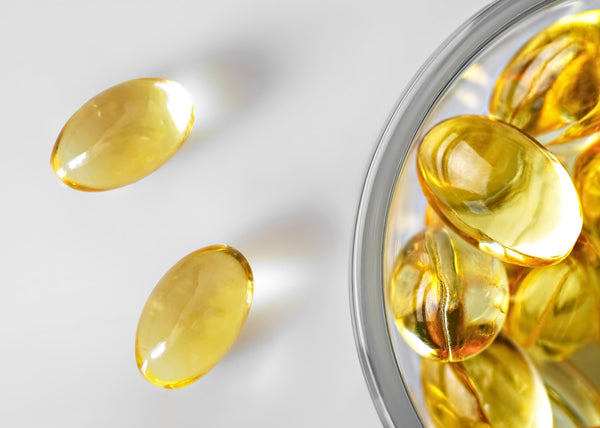Boost Your Metabolism with Probiotics: A Strategy for Weight Loss
Probiotics are a powerful but often overlooked weight loss ally. These beneficial bacteria, found in certain foods and supplements, boost metabolism and support weight management. While known for digestive health, research shows probiotics also impact metabolism.
There’s a lot more that these microorganisms can do, so let’s dive deep down under to understand the A day in the life of Probiotics.
Understanding Probiotics and Metabolism
One key mechanism is the production of Short Chain Fatty Acids (SCFAs) like acetate and butyrate by certain bacterial strains. These compounds have been found to influence appetite, energy usage, and fat metabolism. SCFAs can inhibit fat absorption, increase fat excretion through faeces, and boost energy usage. In essence, these beneficial bacteria help your body harvest fewer calories from your diet, contributing to weight loss.
Appetite-Regulation
Probiotics also influence appetite-regulating hormones in complex ways. Some studies have shown that probiotics can stimulate the release of hormones like GLP-1 (Glucagon-like peptide-1) that help burn more calories and fat. Conversely, other research indicates that probiotics may decrease certain appetite-regulating hormones. This dual action suggests that probiotics could help manage appetite and food intake through multiple pathways.
The regulation of the gut microbiome is another crucial aspect of how probiotics influence weight loss. A balanced and diverse gut microbiome can enhance nutrient absorption, regulate appetite hormones, improve insulin sensitivity, reduce inflammation, and increase fat burning. All these factors contribute to a more efficient metabolism, which is key to sustainable weight loss.
Fat Regulation
Another significant finding is the ability of probiotics to increase levels of fat-regulating proteins like ANGPTL4 (Angiopoietin-like 4), which may lead to decreased fat storage. This further enhances their potential as a weight management tool.
Energy Expenditure
Recent studies have also revealed that probiotics can improve energy expenditure. This means they may help your body burn more calories throughout the day, even at rest. The increased metabolic rate can contribute significantly to weight loss efforts, making probiotics a valuable addition to any weight management strategy.(NIH)
Various Other Benefits
Decrease in Abdominal Obesity
Research results on the effects of probiotics on weight loss have been impressive. One study showed a remarkable 28.6% decrease in abdominal obesity after the consumption of a specific probiotic strain. This finding is particularly noteworthy because abdominal fat, also known as visceral fat, is associated with a higher risk of metabolic disorders and cardiovascular diseases.(NIH)
Lowers Body Mass Index
Another study reported a 66.6% reduction in BMI (Body Mass Index) and an 80% reduction in waist circumference among participants taking probiotics. These results highlight the potential of probiotics as a powerful tool in weight management.(NIH)
Various studies have consistently shown that probiotic supplementation can lead to modest but significant weight loss in overweight and obese individuals, by helping the body burn more calories, probiotics may contribute to a more effective and sustainable weight loss process.(NIH)
Probiotics & Balanced Diets
While probiotics can aid weight loss, individual results may vary. They should complement a balanced diet and regular exercise, not replace them.
Incorporate probiotics through fermented foods like yogurt, kefir, sauerkraut, kimchi, kombucha, miso, and tempeh, or consider high-quality supplements if needed. Consistency is essential for maintaining a healthy gut microbiome. Pair probiotics with prebiotics—found in garlic, onions, leeks, asparagus, and bananas—to enhance their effectiveness.
Boost weight loss by combining probiotics with regular exercise, adequate sleep (7-9 hours), and stress management. Stay hydrated, avoid processed foods and excess sugars, and eat regular meals to support metabolism and gut health.
Key Takeaways
Probiotics offer a promising approach to weight management. By influencing SCFA production, appetite-regulating hormones, fat-regulating proteins, and energy expenditure, they provide a multi-faceted strategy for supporting weight loss efforts.. As always, it's advisable to consult with a healthcare professional before making significant changes to your diet or starting any new supplement regimen.

























